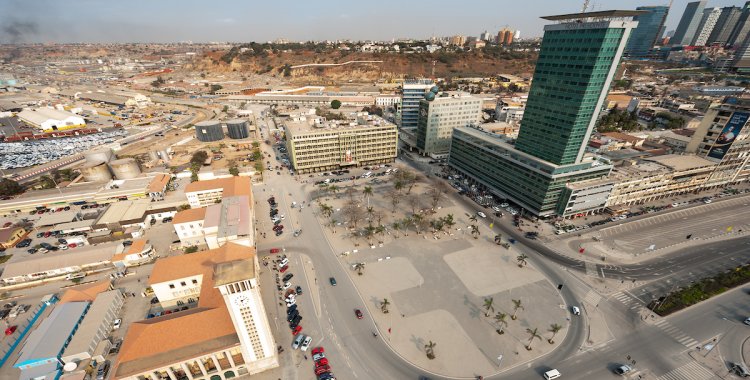According to the financial information agency Bloomberg, the Fund is being pressured by shareholders, who are simultaneously the borrowers of the loans, to lower the rate it charges to countries that receive more than the quota to which they are entitled or that benefit from longer loan repayment maturities, known as surcharge.
On the list led by Argentina, which will have to pay more than 4.6 billion dollars over the next five years, followed by Ecuador and Egypt, with 584 and 370 million dollars, respectively, comes Angola, with a surcharge of 160 million of dollars, which represents the amount that the IMF charges for lending to a country whose loans exceed 185 percent of the quota to which it is entitled or which benefits from longer payment maturities.
Citing figures from the Center for Economic and Policy Research, Bloomberg writes that the IMF "has received billions of dollars in fees from the largest borrowers, a practice that penalizes those who need the funds most".
With coffers full and commercial interest rates rising to more than 8 percent, the IMF admits that "several" of its administrators are open to reviewing the surcharge rules, and a meeting on this topic has been scheduled for June.
The President of Brazil, Luiz Inácio Lula da Silva, who leads the G20, promised to give priority to this issue, in the context of the reform of the global financial architecture currently under debate, and the United States of America, the Fund's largest financier, also admitted that the issue deserved analysis, not only because of the injustice it creates, but also because the high cost of IMF loans can push countries towards other creditors, such as China.
So far, the IMF has stressed that these surcharges are an integral part of the Fund's own financing model and that they serve to discourage excessive borrowing or extended payment terms, but borrowers argue that these surcharges divert needed funds to priority areas such as food or healthcare, and are increasingly punitive given high inflation and interest rates.
The number of countries supporting these surcharges has grown from eight in 2019 to 22 currently, with the Fund having lent almost 150 billion dollars to almost 100 countries since the covid-19 pandemic.







